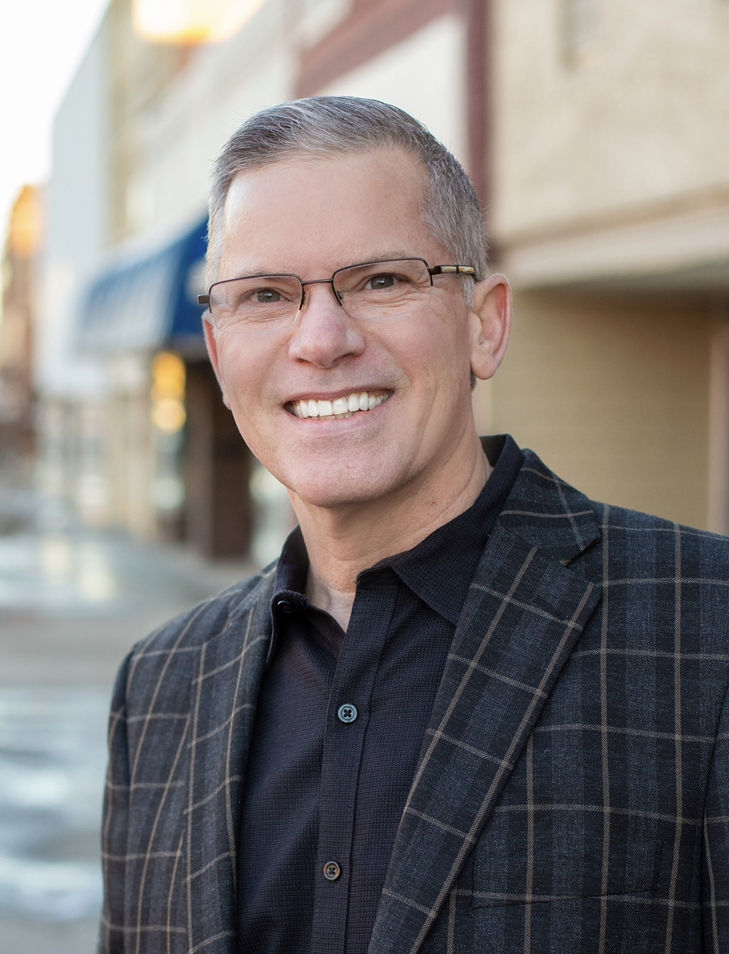
Pastors who attempt to do ministry alone will fail every single time. They need four relationship groups to help them be successful.
By Mark Dance
On January 24, 2016, British explorer Henry Worsley died attempting to be the first person to cross the Antarctic unaided.
The 55-year-old former British army officer trekked 913 miles alone in 71 days across the South Pole.
Suffering from exhaustion and severe dehydration, he radioed for help just 30 miles short of his goal. After being airlifted to Chile, he died of organ failure.
When I read this story, I felt a strange sense of sadness for an explorer who worked so hard but fell just short of his goal.
My second thought was how empty the goal was in the first place: To cross the Antarctic unaided.
Pastors who attempt to do ministry alone will fail every single time.
My 30-year ministry journey would have ended a long time ago had it not been for those who have held up my arms when I’ve grown weary, as Aaron and Hur did for Moses.
Four relationship groups have become guardrails for me against isolation, loneliness, and spiritual drift.
1. Friends
Can pastors have friendships in the churches they serve in? Old school ministers believed that a pastor should not be friends with church members.
Do not confuse friendship with favoritism or you will fall prey to this isolation trap.
I give you a new command: Love one another. Just as I have loved you, you must also love one another. By this all people will know that you are My disciples, if you have love for one another (John 13:34-35).
If you don’t have a close friend in your life, maybe you should look first in your church. But also look beyond the church into the community where you live. If not, you are missing out, or maybe worse—burning out.
2. Mentors
Pastors who have mentors demonstrate a rare humility. It doesn’t matter if you call it mentoring, coaching, or discipling, you must never stop learning from those who have been where you want to go.
I recently wrote a series of posts for LifewayPastors.com about mentoring based on the conviction that every pastor needs a Barnabas, a Paul, and a Timothy in their life.
Barnabas was a mentor, then peer to Paul, who was a mentor to Timothy.
What you have heard from me in the presence of many witnesses, commit to faithful men who will be able to teach others also (2 Timothy 2:2).
3. Deacons
When the disciples were overwhelmed with their first ministry success at Pentecost, God sent this special ops unit to help avert a widow war in Jerusalem.
Deacons have been part of God’s plan for the church since it started. We see in Acts 6 that deacons are part of God’s growth strategy for the pastor and the church.
Pastors, deacons are your friends, not your foes. Sure, there may be rogue deacons in your church, but that’s nothing new.
Don’t let that discourage you from investing in this group. You can’t afford to marginalize those whom God has called to minister alongside you.
Whether your church uses elders or deacons or some variation of the two, know that God has already set up a pastoral care department in your church to help you stay devoted to prayer and the ministry of the Word (Acts 6:4).
4. Bosses
Many pastors believe they don’t have an earthly boss. That’s ridiculous. We all answer to somebody. The key is to embrace those whom God has sent into your ministry to represent you to the church and visa versa.
Whatever you call this group, understand the benefit of this group exceeds its inconveniences. Guardrails are for our benefit, as well as those around us.
This group needs to be the kind of people who will speak the truth in love (Ephesians 4:15).
Worsley’s last living statement sent from Antarctica said:
“The 71 days alone on the Antarctic with over 900 statute miles covered and a gradual grinding down of my physical endurance finally took its toll today, and it is with sadness that I report its journey’s end — so close to my goal.”
Life and ministry are way too hard to do alone. If you want to finish ministry strong someday, invite these precious people into your life.

Mark Dance
After serving as a pastor for 27 years, Mark Dance is now the director of pastoral wellness for GuideStone Financial Resources and is the author of Start to Finish.











